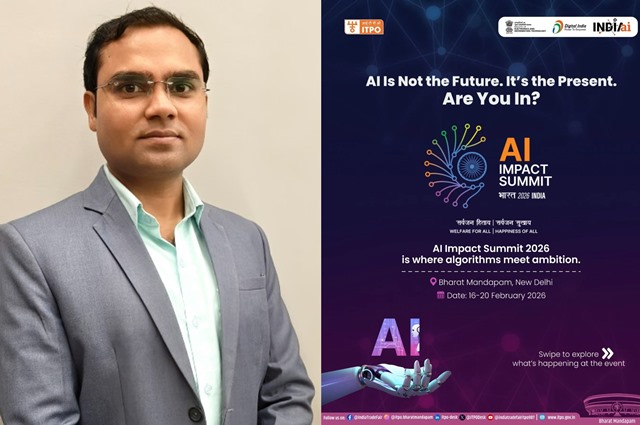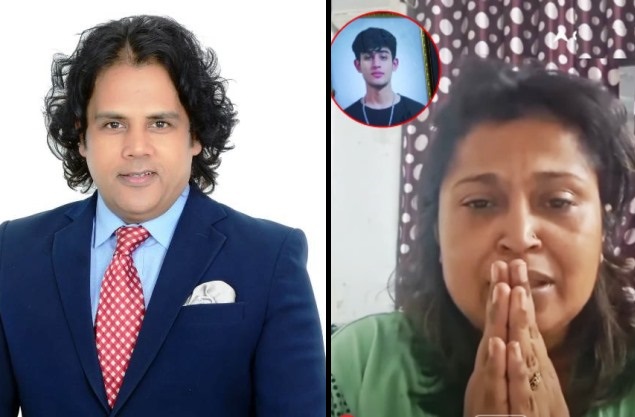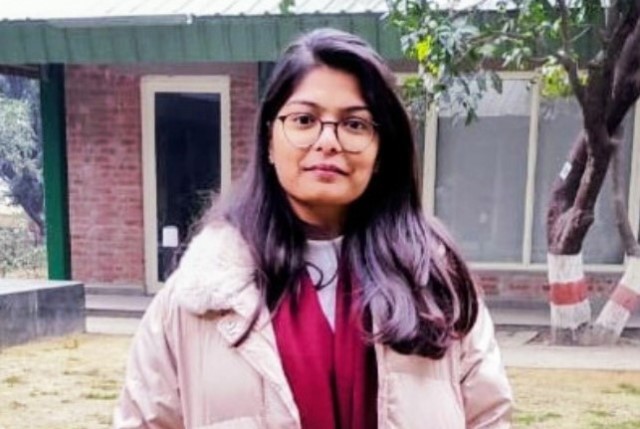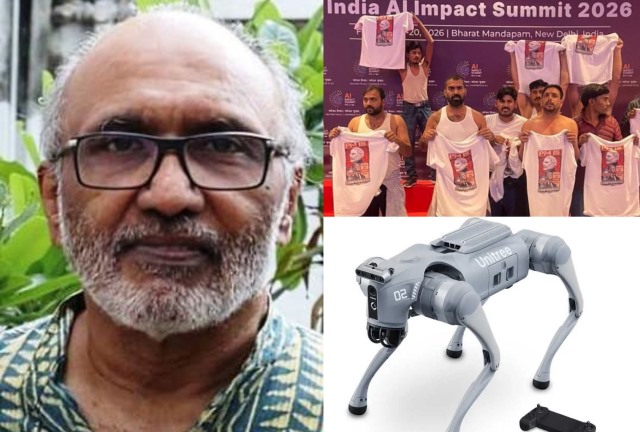
‘Nothing Short of Death Penalty in RG Kar Rape Case is Acceptable’
Debalina Das Majumdar, an MNC professional, reflects on the RG Kar rape-murder case verdict and questions the message we are sending to society. Her views:
Can women ever feel truly safe in a society where one is brutally raped and murdered at her workplace? It took six months to deliver a verdict in Abhaya’s case—six months to address an atrocity that shook the conscience of many.
A court in Kolkata’s Sealdah sentenced Sanjoy Roy to life imprisonment “until his last breath” for the rape and murder of a junior doctor at the state-run RG Kar College and Hospital. Roy, a 35-year-old civic volunteer, was convicted under Sections 64 (punishment for rape), 66 (punishment for causing death or a persistent vegetative state to a woman), and 101 (1) (murder). The ruling, delivered five months after the August 9 incident that sparked outrage and massive protests from doctors in West Bengal, declared that it wasn’t a “rarest of rare” case. The court also ordered the state government to pay ₹17 lakh as compensation to the victim’s family.
I read the entire verdict and feel deeply agitated and disturbed with it. A woman was brutally raped and murdered, that too at her workplace, and yet it was not considered a “rarest of the rare” case! A doctor—someone who had spent her day working tirelessly to help others—was attacked in her own workplace while trying to rest. She was violated, brutalized, and killed. If this does not qualify as rarest of the rare what will?
This thought keeps haunting me. A human being—someone’s daughter, someone’s loved one—was murdered after being sexually assaulted. There were numerous injuries on her body then how is this not rare or heinous enough? I can’t stop thinking about the pain her family must be enduring. This was an atrocious crime. Just imagining her suffering sends shivers down my spine.
I strongly believe there should be a death penalty for such monsters. Life imprisonment feels like a slap on the wrist. And even that can be shortened on grounds of “good behaviour” or health issues. What message does this send to society? Can crimes like these be forgiven?
ALSO READ: ‘Men Continue to Violate Women Without a Shred of Fear’
This is not justice. It’s infuriating. If someone can commit such unspeakable acts and still have a chance to return to society, then what safety do the rest of us have? As a woman, I feel unsafe and agitated. As a human being, I feel heartbroken. We live in a time of advanced technology, awareness, and education, yet these horrors persist. Our legal system needs to be stronger. There must be laws that leave no room for leniency in cases like these.
Awareness must begin from childhood. Children need to understand the consequences of committing crimes. They need to know that heinous acts like rape and murder will lead to the harshest punishments—without exceptions.
Are we so desensitised as a society? We must demand justice not just for this woman, but for every victim who has suffered in silence. If we allow such leniency, what kind of example are we setting for the future? Crimes like these demand the death penalty. We need to set a precedent—one that says unequivocally that such acts will not be tolerated.
My heart aches for the victim, her family, and everyone who has been forced to live with the aftermath of such crimes. We cannot remain silent. We need change. And we need it now.
As told to Mamta Sharma

‘Summits Alone Won’t Make India AI Hub; Infra Push, Skill Development Are Key’

‘Flashy Parents & Reel-Crazed Minors Behind The Wheel Are A Curse On Road’

‘Social Media Addiction Is Turning Into A Mental Health Crisis’
